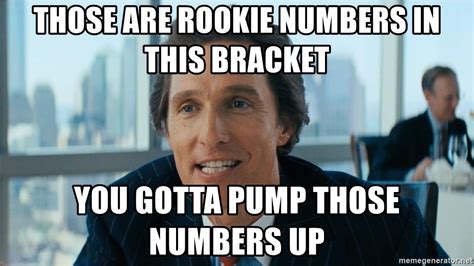The state closed down at the beginning of April and opened back up at the end of April. And now they've run out of ICU beds.
With just one ICU bed available, Montgomery, Alabama, is sending sick patients to Birmingham - CNN
With just one ICU bed available, Montgomery, Alabama, is sending sick patients to Birmingham - CNN
Alabama Gov. Kay Ivey's stay-at-home order didn't go into effect until April 4, and expired at the end of that month. Ivey replaced it with an order that eased restrictions.
As of May 11, restaurants and bars were allowed to serve customers on site, gyms and athletic facilities, hair and nail salons and barber shops were allowed to open. Groups of any size are allowed, as long as the 6 feet distance guidance is followed.
Ivey announced more reopenings that go into effect Friday, including entertainment venues, childcare facilities and summer camps.
Montgomery Mayor Steven Reed said on Wednesday that of the four regional hospitals, one is short three ICU beds, two have no ICU beds, and one has just one bed. "Right now, if you are from Montgomery, and you need an ICU bed, you are in trouble," Reed said at a press conference. "If you're from central Alabama, and you need an ICU bed, you may not be able to get one." The health care system in the state's capital is "maxed out," Reed said.

